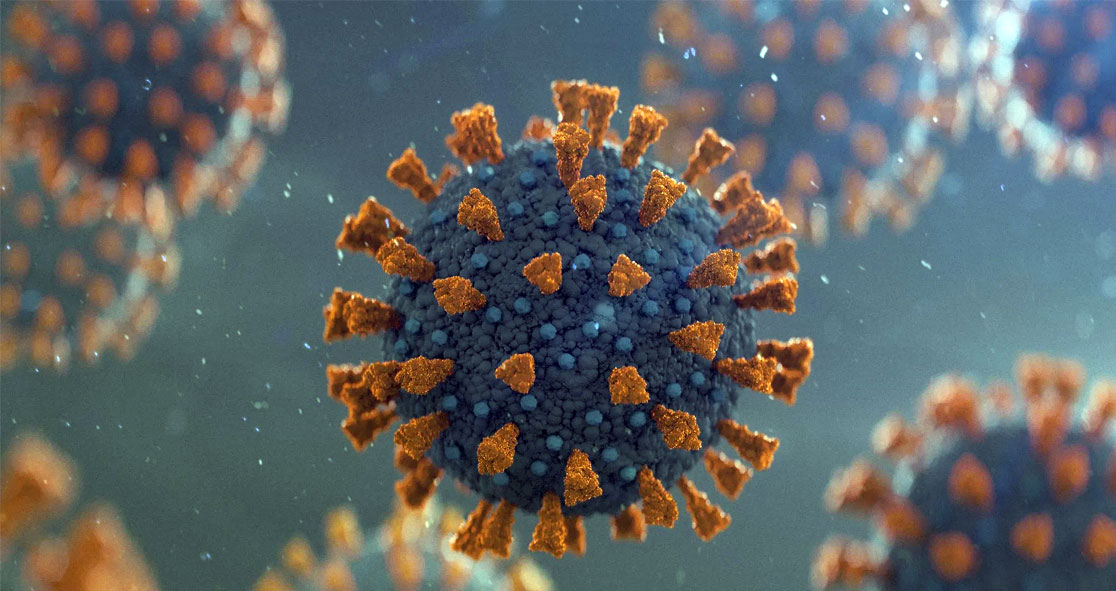The whole world is going through a tough phase, struggling to keep the ongoing COVID-19 pandemic under control, but the virus continued to mutate, especially in those who are unvaccinated.
A new variant, called C.1.2., which was first discovered in South Africa in May, is now causing a major public health concern, prompting experts to keep an eye on it, according to BioSpace.
The strain seems to be highly infectious and even more resistant to vaccines than other variants.
The C.1.2., which has also been identified in the Democratic Republic of the Congo, Mauritius, China, New Zealand, England, Switzerland, and Portugal, seems to have an unusually high mutation rate.
C.1.2. is undergoing more mutation than other variants of concern (VOCs) or variants of interest (VOIs).
South African researchers found that C.1.2 has a mutation rate of about 41.8 mutations per year, which is double the current global mutation rate seen in other VOCs.
The researchers, who published their findings in the journal Nature, said, “We describe and characterize a newly identified SARS-CoV-2 lineage with several spike mutations that is likely to have emerged in a major metropolitan area in South Africa after the first wave of the epidemic, and then to have spread to multiple locations within two neighboring provinces.”
They further say that the lineage has expanded quickly and become dominant in three provinces. “Although the full import of the mutations is not yet clear, the genomic and epidemiological data suggest that this variant has a selective advantage – from increased transmissibility, immune escape or both.”
Earlier this month, public health experts in England reported that the C.1.2. strain was one of 10 variants they were monitoring in the UK.
One author of the study said, “Compared to C.1., the new variant has ‘mutated substantially’ and is more mutations away from the original virus detected in Wuhan than any other Variant of Concern (VOC) or VOI detected so far worldwide.”
B.1.351 (Beta), another South African strain, was reported in April that potentially could cause “breakthrough infections” after receiving the Pfizer-BioNTech vaccine. A study found that the Beta variant was eight times more common in people who received two doses of the Pfizer-BioNTech vaccine.
The United Kingdom officials are also tracking another variant called B.1.621, which is believed to be originated in Colombia. However, there is no evidence that it is deadlier than Delta. Also, there is no evidence that it neutralizes the efficacy of the vaccines.
Another UK study has found that the Delta variant, which was first identified in India, is more than twice as likely to result in hospitalizations than other strains.
Dr. Anne Presanis of Cambridge University said, “Our analysis highlights that in the absence of vaccination, any Delta outbreaks will impose a greater burden on healthcare than an Alpha epidemic.”
“Getting fully vaccinated is crucial for reducing an individual’s risk of symptomatic infection with Delta in the first place and, importantly, of reducing a Delta patient’s risk of severe illness and hospital admission,” she added.
Getting vaccinated is one of the best ways to slow down further mutations and keep the current strains of COVID-19 under control. Others include practicing social distancing and mask-wearing.























